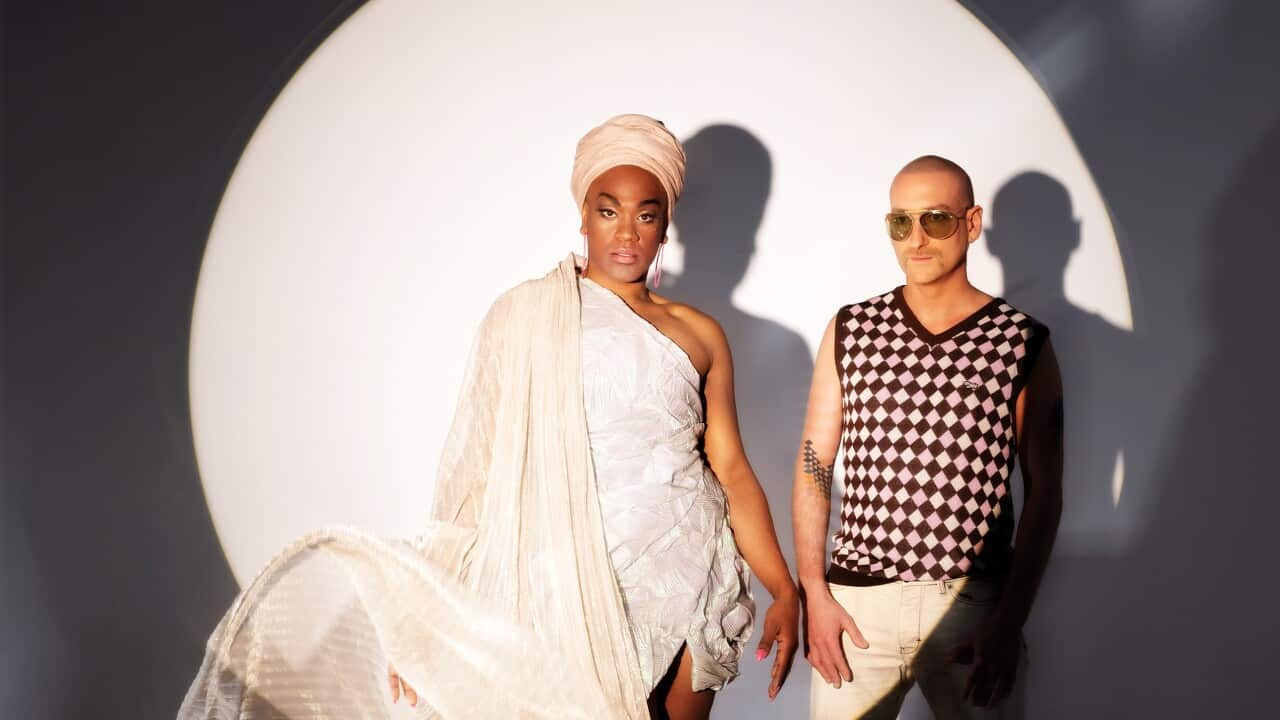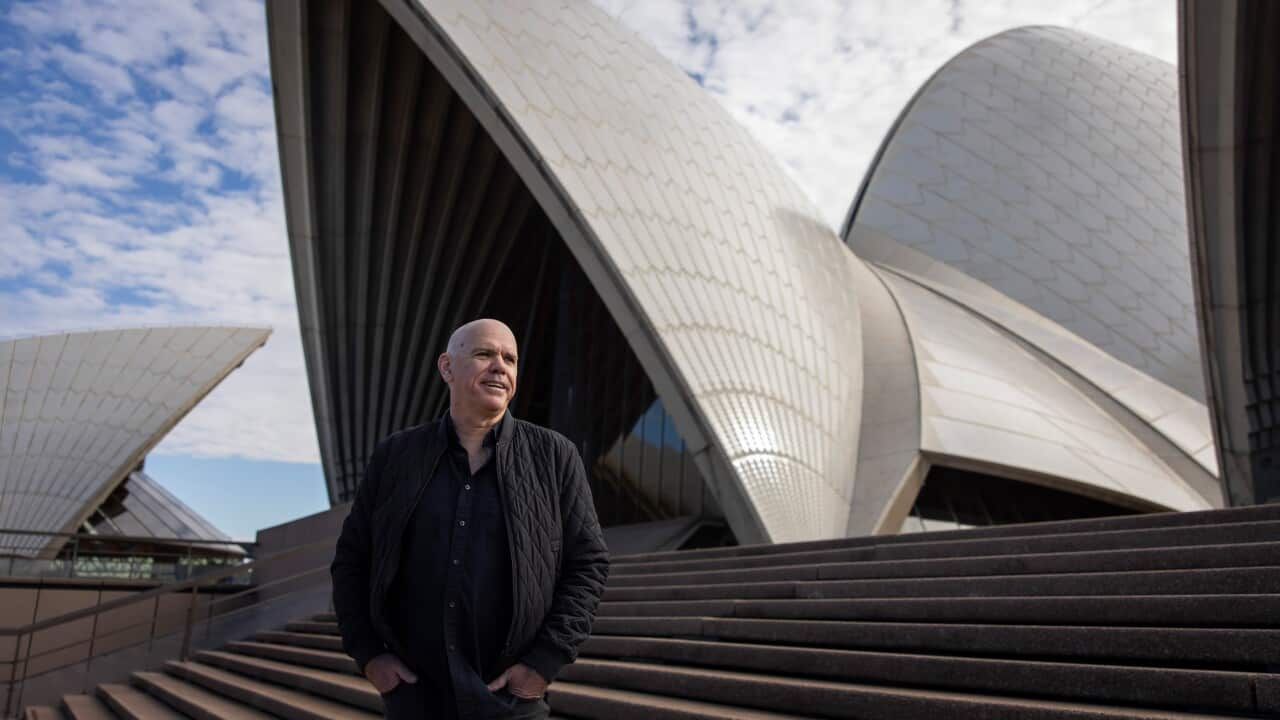At the 2016 annual Country Music Awards, Beyonce joined country music trio The Chicks on stage to perform her song Daddy Lessons.
The backlash was swift: the online announcement of the performance was mercilessly trolled, with hundreds calling for a CMA boycott.
On the night, the star musicians received an icy welcome.
Buckling to pressure, the CMAs never posted the performance clip online, despite it being the highest-rated 15 minutes in the show's 50-year history.
Eight years later, Beyonce has released a country album, Cowboy Carter, and sparked a discussion on the genre's gatekeeping.
Some fans believe her choice to release a country album goes back to the CMAs incident, something backed up by the artist's own words.
"It was born out of an experience that I had years ago where I did not feel welcomed … and it was very clear that I wasn’t," she wrote on Instagram.
Some of those tactics of exclusion continue today, particularly targeting Black women in country music.
Research from The Pudding found that of 182,848 songs played by 29 country radio stations across 19 days, just 14 were songs by Black women.
24 out of the 29 stations didn’t play a single song by a Black woman.
It's also borne out in the response to Beyone's album. Tiktok is awash with declarations that her album does not belong in the genre.
"If you're Black, you're not country," declared one college student in a viral video.
Racism in the Australian country music industry
Racism and gate-keeping aren't exclusive to the American country music scene: there are countless examples of Aboriginal musicians experiencing discrimination in Australia.
Tamworth local Loren Ryan grew up loving country music.
She's now a successful country music star, winning the 2023 Toyota Star Maker competition at the Tamworth Country Music Festival.
But the Gamilaraay woman says her career has been marked by the struggle against racism: she believes there are underlying attempts to "conserve" the genre.
"I've faced a lot from people who are in higher positions ... they've stopped me in ways that are just uncalled for, and downright racist," she told NITV.
"They'll want you to turn up to something or be the face of something, but not be too Blak. They don't want you to be outspoken, or have a voice."
There are people who know who you are, know what you stand for and will still say something racist to your face. That's how bad it is.

Gamilaraay woman and country music star Loren Ryan. Credit: @lorenryanmusic
"There are people you have to deal with ... if you want to work in the industry," she said.
"It's so hard. But I want to be successful: I want to do tours, I want the record deals, I want to be successful within the Australian country music industry.
"Unfortunately, these people are part of that."
Despite it all, Ryan pushes back: she's written in language and even released a cover of the iconic Cold Chisel song Flame Trees in Gamilaraay.
In the tough times, she's looked to the example of Aboriginal artists who came before her, like living legends Troy Cassar-Daley and Roger Knox.
"I think about the heaviness that they have had to carry with them and the success they've had despite it. I know what I have to carry and that I need to change things.
"I hate to think that young ones have to deal with that. I hope that they don't have the things that have been said to me ever said to them."
The racism that Black country musicians face has a darkly ironic side.
In creating her album, Beyonce not only paid homage to her Texan roots, but also to the genre's true history.
The Black roots of country music

Rhiannon Giddens is an expert on the history of the Banjo and its ties to Black America. Credit: Wondrium
The genre is inextricably linked to Black people, with one of its most recognisable instruments, the banjo, descended from a West African instrument
The banjo player on Texas Hold ‘Em, Rhiannon Giddens, is a Grammy-Award-winning musician, Macarthur recipient and Pulitzer Prize winner.
Giddens told NowThis that it was an "emblem for Black America for a long time before whites ever picked it up".
“It was created in the Caribbean by Africans who had been brought over and enslaved - it came out of that culture," she said.
"There are all these ancestral instruments ... that are West African, and then it goes up into North America with enslaved people and becomes a part of the landscape and becomes a part of Black America."
But the cultural appropriation of that music eventually became so entrenched, that Black history was forgotten.
What is recorded is remembered.
Giddens described it as "a white supremacist rewrite of the narrative of this music".
"As the genre became more popular among white musicians, they had access to record their music and in turn their ability to be recorded in history as the pioneers of the genre.
"What is recorded is remembered."
Reclaiming the genre
Despite the racist backlash, Cowboy Carter has no doubt made a significant step in reclaiming country music for the Black musicians who made and make it.
The 27-song tracklist features collaborations with country music royalty, including Dolly Parton, Willie Nelson, and Miley Cyrus; it has already made history, with Beyonce becoming the first Black artist with a UK number-one country album.
It also claimed the title of Spotify's most streamed album in a single day in 2024 on its release date, March 29.
Its success was somewhat expected after the single Texas Hold 'Em peaked at No.1 on the US Top 50 charts, being streamed over 200 million times: that feat made her the first Black woman with a No.1 single on the Hot Country Songs chart.
With the impact of Cowboy Carter on the Australian country music industry, Ryan has been inspired to keep pushing for space as a staunch Aboriginal woman.
"I'm so excited because I don't feel so alone anymore. I feel like there's solidarity. She's facing some of the things I face when I bring diversity to the genre, and she's Beyonce!" Loren said.
"It's challenging people, and what I'm seeing in the Australian country music industry is that the people who don't understand or acknowledge the Blak struggle, don't like the album.
"It shows her understanding of the genre, its history and the trailblazers. She's covered songs that have shaped the industry and moments in history. It's inspired me, and made me think about stories I have to tell and stories that only I can tell."
As the dust settles on Cowboy Carter's release, it's hard to know the long-term impacts of the album.
But it can already be said it's made history not only for the genre and the entertainment industry, but for Black and Indigenous country music artists in America and the world.














